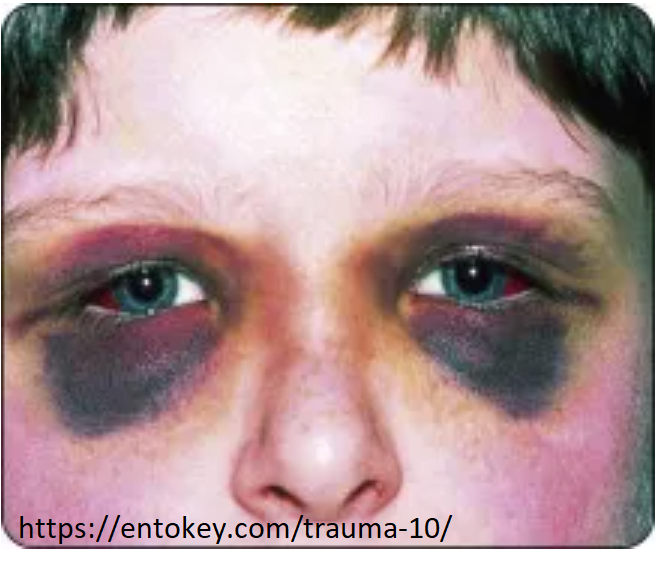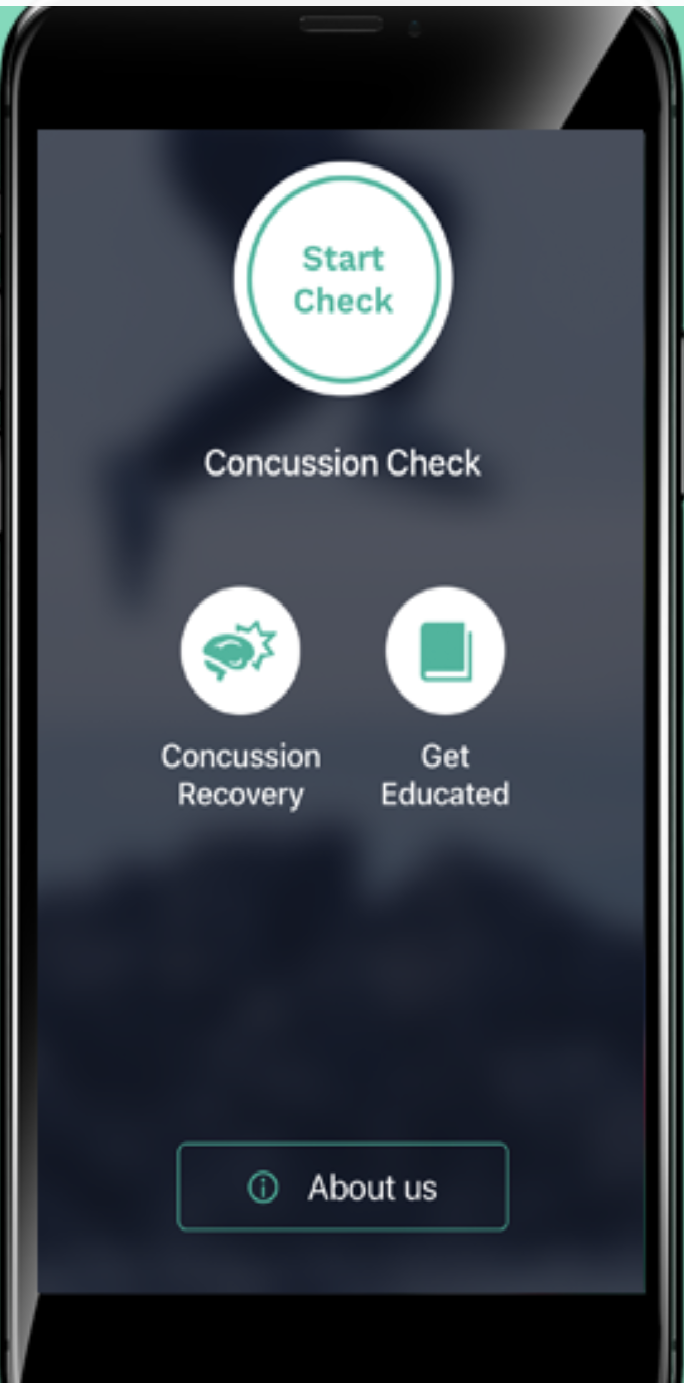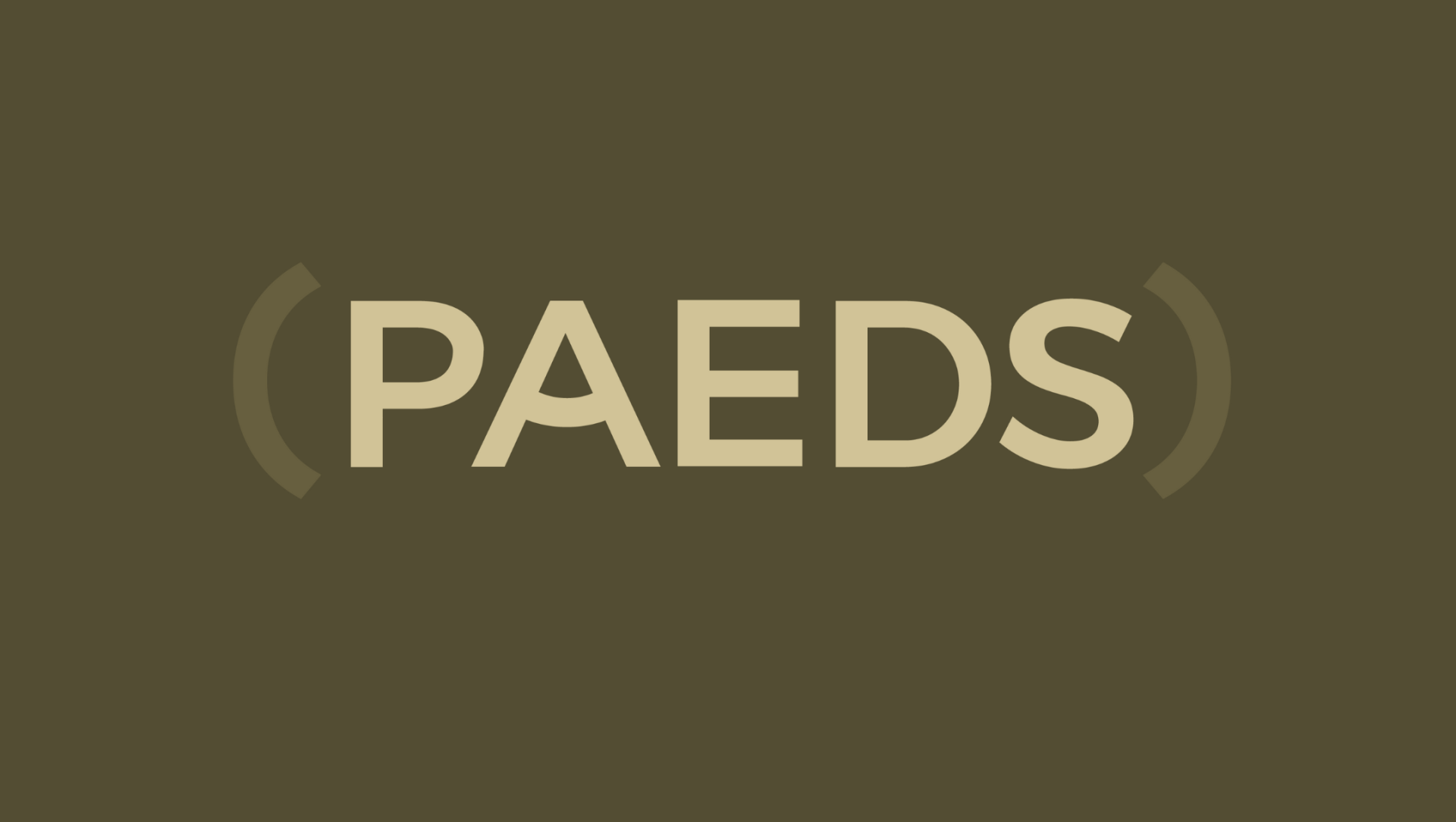
The 10 head injury red flags
1. It is followed by a seizure or convulsion
2. They complain of double vision, clumsiness or difficulty walking
3. There was any loss of consciousness for any period of time (even seconds)
4. Weakness or tingling in the arms or legs
5. Both eyes are black eyes (see picture)
6. Repeated vomiting (more than once)
7. Severe headache
8. Abnormal drowsiness, agitation, or not acting normally
9. A raised bump to the forehead, or side of head (under 2 years)
10. Clear or bloody discharge from the ears or nose
If your child has any of these signs the head injury may be moderate to severe and they need medical attention.
1. It is followed by a seizure or convulsion
2. They complain of double vision, clumsiness or difficulty walking
3. There was any loss of consciousness for any period of time (even seconds)
4. Weakness or tingling in the arms or legs
5. Both eyes are black eyes (see picture)
6. Repeated vomiting (more than once)
7. Severe headache
8. Abnormal drowsiness, agitation, or not acting normally
9. A raised bump to the forehead, or side of head (under 2 years)
10. Clear or bloody discharge from the ears or nose
If your child has any of these signs the head injury may be moderate to severe and they need medical attention.

What comes next?
Once you get to hospital the doctors and nurses will ask you a series of questions to decide how bad the injury was. They will also conduct a full neurological exam which includes regular checking of the pupils and arm and leg strength. This information helps them to identify if things are getting better or worse.
If your child is showing signs of a severe head injury they will get a CT scan to take a closer look at the brain. Sometimes surgery is needed.
Further resources;
Head check helps parents identify concussion
https://www.headcheck.com.au/
Brain foundation has good information for post injury care
https://brainfoundation.org.au/disorders/concussion/
Raising Children Network
https://raisingchildren.net.au/guides/a-z-health-reference/concussion
Once you get to hospital the doctors and nurses will ask you a series of questions to decide how bad the injury was. They will also conduct a full neurological exam which includes regular checking of the pupils and arm and leg strength. This information helps them to identify if things are getting better or worse.
If your child is showing signs of a severe head injury they will get a CT scan to take a closer look at the brain. Sometimes surgery is needed.
Further resources;
Head check helps parents identify concussion
https://www.headcheck.com.au/
Brain foundation has good information for post injury care
https://brainfoundation.org.au/disorders/concussion/
Raising Children Network
https://raisingchildren.net.au/guides/a-z-health-reference/concussion

